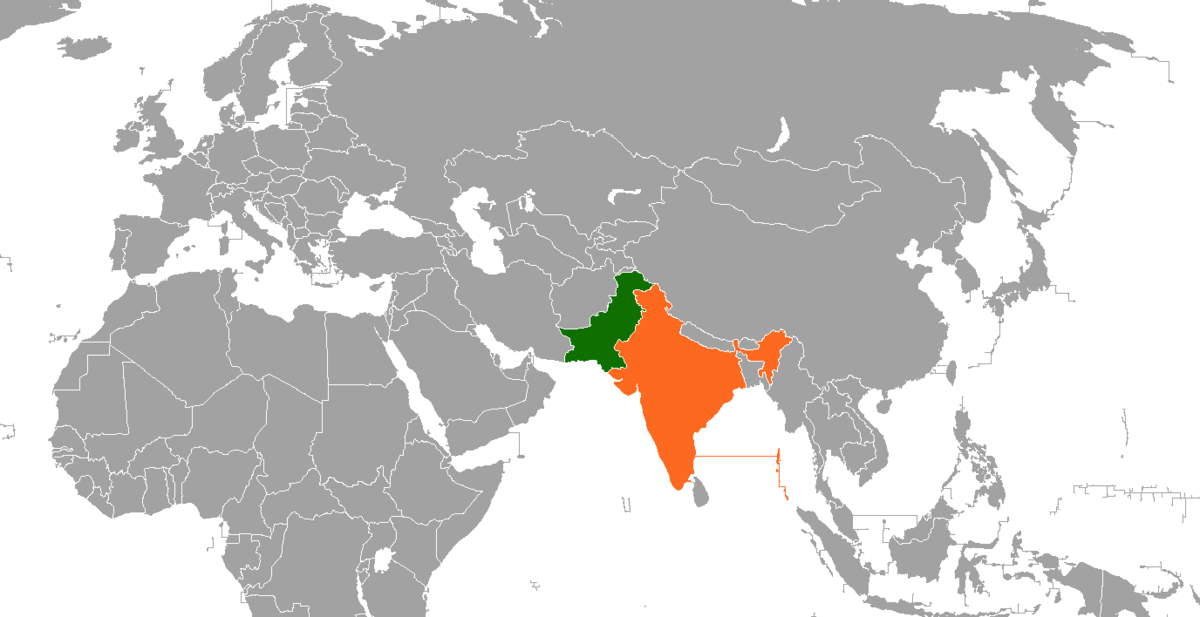
Dar stated that Pakistan was taking all necessary defensive measures to counter any potential aggression, highlighting that intelligence assessments pointed to an "imminent" possibility of cross-border strikes. He added that Pakistan's armed forces were "fully prepared to respond" should any hostilities break out. The minister's comments come amid a climate of rising rhetoric and military posturing between the two nuclear-armed neighbours.
The situation escalated following Pakistan’s renewed accusations that India was planning "false flag operations" to justify military action. Islamabad’s allegations align with a pattern of diplomatic tensions and cross-border firing incidents that have plagued relations between the two countries for decades. Pakistan’s National Security Committee convened a special meeting to review the security situation, underscoring the gravity with which the threat is being assessed internally.
New Delhi has yet to issue an official response to Dar’s statements. However, Indian military and diplomatic officials have consistently denied allegations of unprovoked aggression, asserting that their operations across the LoC are defensive in nature and in response to security threats originating from Pakistan-administered regions. Analysts noted that the timing of Pakistan’s warning corresponds with broader regional instability, including increased militant activity in Jammu and Kashmir.
On the ground, local reports from communities near the border areas of Pakistan-administered Kashmir have indicated a visible uptick in military movements, with residents witnessing convoys of troops and equipment being deployed toward frontline positions. Similarly, military exercises involving artillery and armoured units have been observed, suggesting that Islamabad is not treating the threat assessments lightly.
Security experts have raised concerns that any miscalculation or skirmish could rapidly escalate into a wider conflict, given the historically fragile nature of ceasefire agreements between the two sides. A senior retired general in Islamabad observed that Pakistan's current defensive posturing reflects "a calculated deterrence strategy" rather than preparation for offensive operations.
Diplomatic channels between India and Pakistan remain largely frozen, with formal talks suspended for several years following major flare-ups in Kashmir. Backchannel contacts, once considered a valuable tool for de-escalating crises, appear to be limited. International calls for restraint have grown louder amid fears that any escalation could destabilise an already volatile South Asian region.
The United Nations Military Observer Group in India and Pakistan , which monitors ceasefire violations along the LoC, has reportedly increased its patrols following Islamabad's warnings. While UNMOGIP's mandate remains limited, its presence highlights the international community’s persistent concern over the risk of conflict between the two nations.
Regional analysts believe that Pakistan’s emphasis on defensive readiness also serves a domestic political function. With Islamabad navigating significant economic challenges, compounded by inflation and external debt obligations, a national security narrative could be used to bolster internal unity and shift focus from domestic grievances. Nevertheless, the risk of an actual conflict remains a source of deep apprehension.
Tensions between the two sides have historically been exacerbated by events in Kashmir. Pakistan continues to object to constitutional changes made by India in 2019 concerning the status of Jammu and Kashmir, while India maintains that these changes are internal matters. The enduring dispute over Kashmir remains a flashpoint, with periodic outbreaks of violence and a persistent risk of misinterpretation of military intentions.
Observers also pointed out that Pakistani authorities have, in parallel, sought to brief friendly countries and key global capitals about the potential threat scenario, in a move seen as an attempt to internationalise the situation diplomatically. Reports suggest that Islamabad’s diplomatic missions have been instructed to engage with host governments to convey Pakistan's security concerns.
Despite the alarming tone of some government statements, ground reports from major Pakistani cities suggest that public life continues as normal, with no immediate disruptions or public emergency measures announced. However, authorities have called for vigilance in border areas and advised local administrations to stay alert.
India’s military posture in the border areas has been fortified over the past year, with the induction of new weaponry, improved infrastructure, and modern surveillance systems. Indian defence planners have placed particular emphasis on rapid mobilisation capabilities, a factor that may be influencing Pakistan’s heightened sense of urgency regarding force readiness.
In Islamabad’s view, the threat perception is shaped not only by military deployments but also by a broader political context. Officials have pointed to "anti-Pakistan rhetoric" during election campaigns in India as a potential catalyst for increased tensions, suggesting that political dynamics are intertwined with military considerations.
Meanwhile, diplomatic efforts from third-party nations urging restraint and dialogue have continued, although neither side has shown clear signs of willingness to resume comprehensive peace talks. Both countries have historically accused each other of using ceasefire violations for domestic political gains.
